Dr. Drona Prakash Rasali: Championing a Caste-Free World Through Advocacy and Action
- Dignity Post
- 20-02-2025 04:27
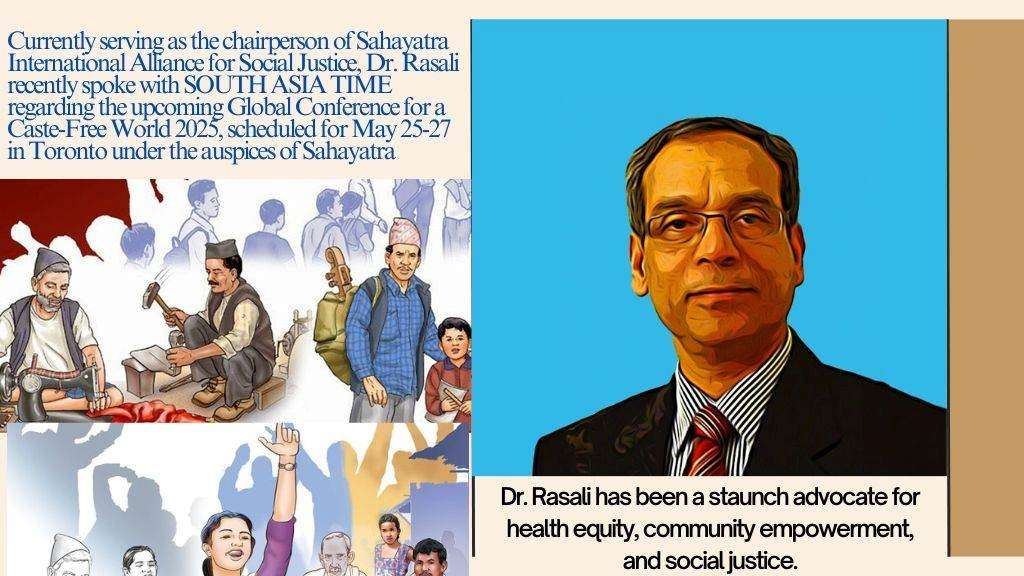
Dr. Drona Prakash Rasali, a distinguished Nepalese-Canadian population and public health expert, currently serves as an adjunct professor at the University of British Columbia in Canada. Throughout his illustrious 45-year career spanning veterinary science, genetics, epidemiology, public health, and higher education, Dr. Rasali has been a staunch advocate for health equity, community empowerment, and social justice.
He co-founded the Emotional Well-Being Institute of Canada in 2021 and played pivotal roles in establishing Nepal Open University in 2016 and founding the NepalDalitinfo Network in 2003. His contributions have been recognized with prestigious honors such as the Fellowship of the American College of Epidemiology and the Canadian Public Health Association’s Honorary Life Membership Award.
Currently serving as the chairperson of Sahayatra International Alliance for Social Justice, Dr. Rasali recently spoke with SOUTH ASIA TIME regarding the upcoming Global Conference for a Caste-Free World 2025, scheduled for May 25-27 in Toronto under the auspices of Sahayatra. This significant event aims to foster solidarity towards equality, social justice, and the abolition of caste-based discrimination prevalent in Nepal and India.
In an exclusive interview, Dr. Rasali outlined the conference's objectives, emphasizing a comprehensive exploration of historical developments, current realities, and future visions for abolishing caste discrimination. The agenda includes discussions on global caste impacts affecting over 250 million marginalized individuals, examining issues ranging from socio-economic disparities to the implications of caste systems on health and cultural identities.
Over 15 distinguished academic leaders from the United States, Canada, India, and Nepal have confirmed their participation, alongside numerous grassroots activists and scholars expected to contribute through research presentations and policy analyses. The conference aims to culminate in the "Toronto Declaration," guiding future actions in research, education, activism, and policy-making across international platforms, including engagements with the United Nations.
Looking ahead, Dr. Rasali discussed plans to sustain momentum post-conference, envisioning follow-up initiatives and future global gatherings in cities like London, Washington/Baltimore, and Hong Kong in collaboration with local stakeholders and academic institutions.
In addressing the historical roots of caste systems in Nepal and India, Dr. Rasali highlighted their profound impacts on social, economic, and political exclusion among Dalit communities today. He underscored the urgent need for structural reforms and effective enforcement of constitutional protections to dismantle entrenched discrimination and ensure equitable representation and access to resources.
Regarding persisting challenges, Dr. Rasali attributed the persistence of caste-based discrimination to systemic barriers rather than individual actions. Despite constitutional safeguards, he pointed out the slow progress in translating legal protections into tangible benefits for marginalized communities, citing institutional inertia and inadequate legislative measures as key obstacles.
The intersectionality of caste and gender emerged as another critical theme, with Dr. Rasali underscoring the compounded vulnerabilities faced by Dalit women. He highlighted the role of intergenerational trauma and its adverse health outcomes, urging targeted interventions to address these disparities effectively.
Reflecting on effective strategies, Dr. Rasali emphasized the pivotal role of political representation and grassroots initiatives in challenging caste-based discrimination. He advocated for comprehensive policy frameworks encompassing educational reforms, economic empowerment, and social inclusion measures, stressing the need for scalable solutions to achieve widespread impact.
As the Global Conference for a Caste-Free World 2025 approaches, Dr. Rasali's insights underscore a resolute commitment to advancing social justice and equality, marking a significant milestone in the global movement against caste-based discrimination.


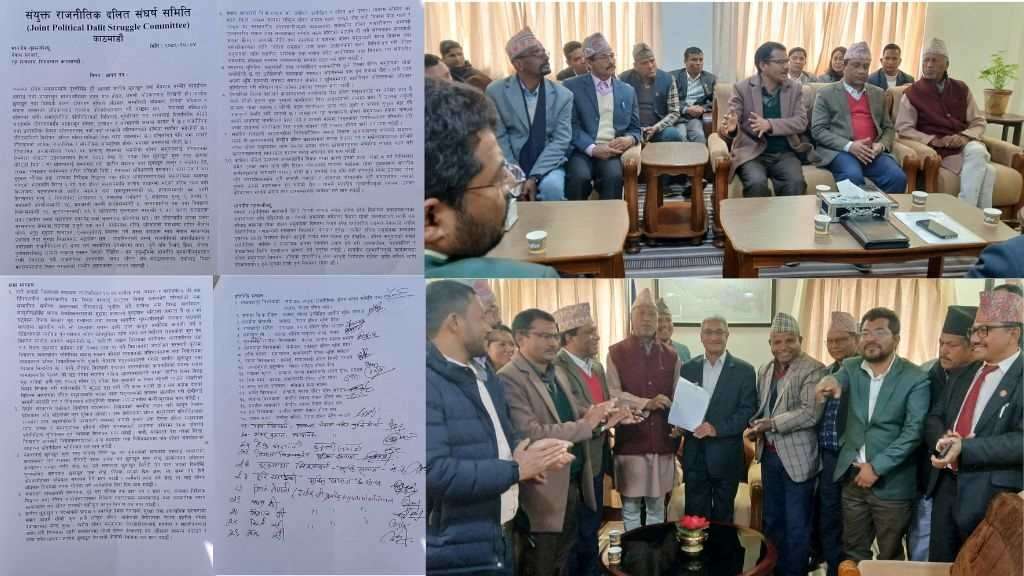
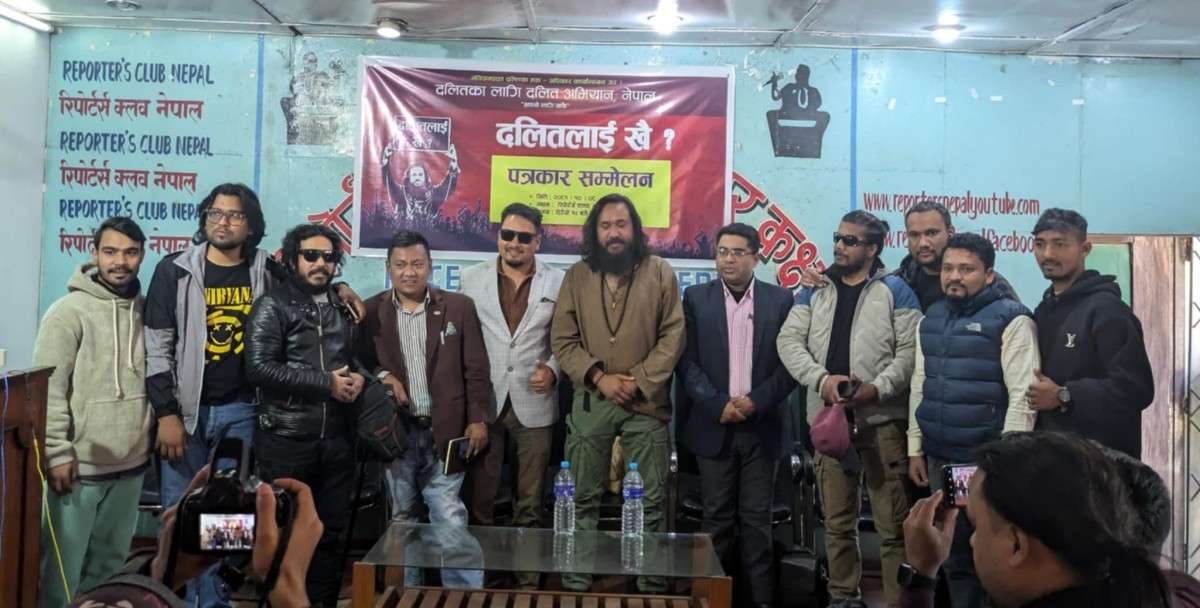
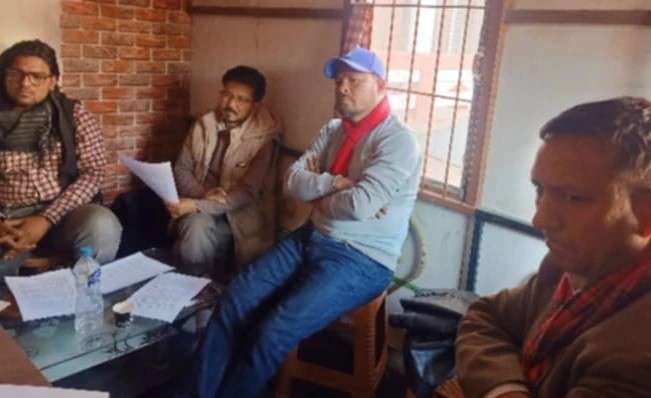
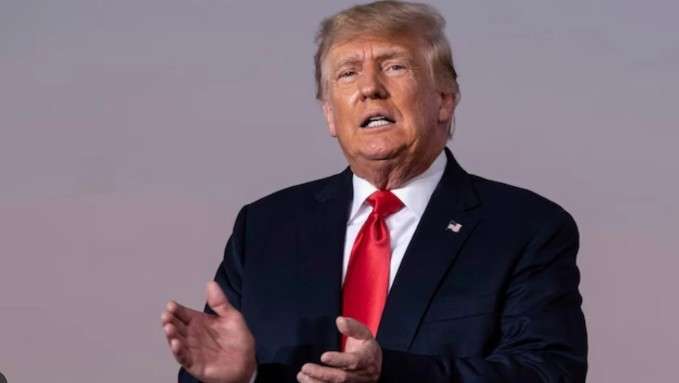
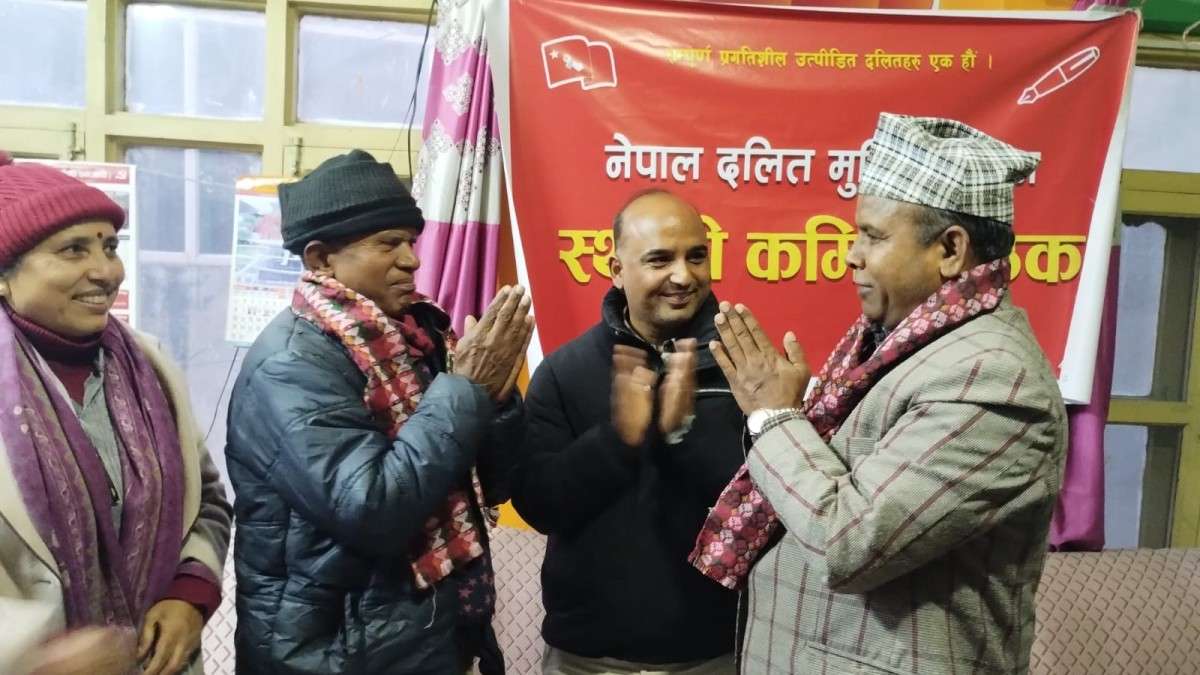
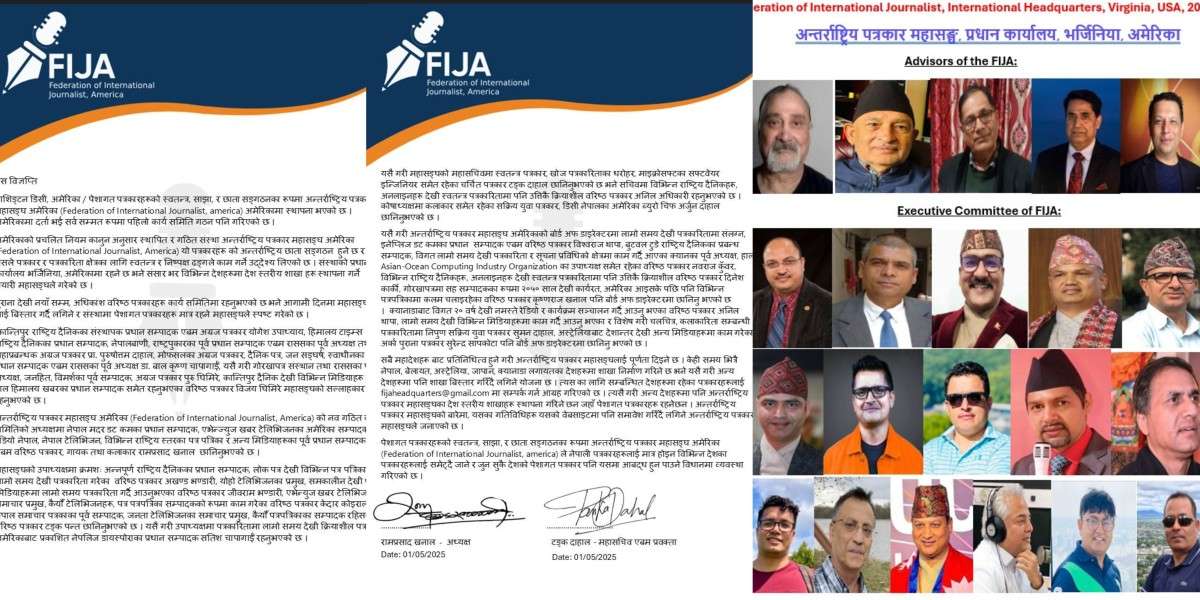


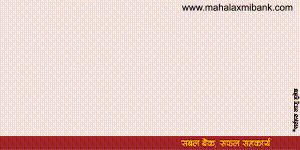
Conversation